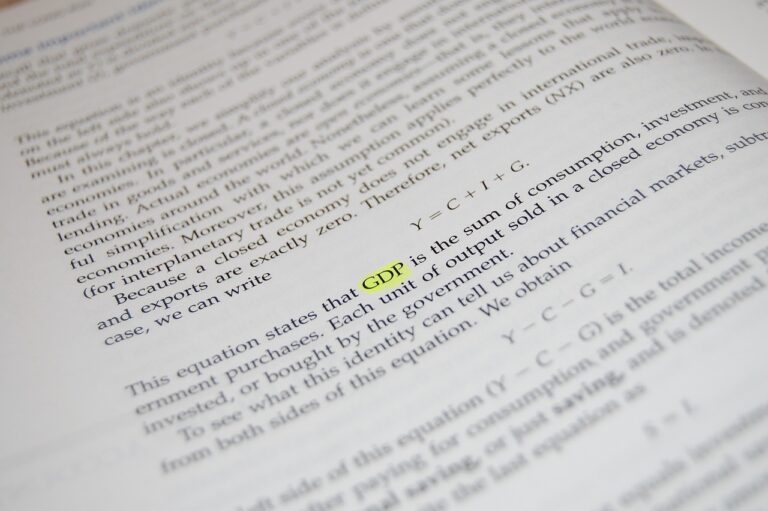The Impact of Artificial Intelligence on Academic Writing and Publishing: 11x play online, Reddy bet, Golden777
11x play online, reddy bet, golden777: Artificial intelligence (AI) has been revolutionizing various industries, and academic writing and publishing are no exceptions. From plagiarism checkers to automated proofreading tools, AI has significantly impacted the way scholars and researchers create and disseminate their work.
1. Automated Writing Assistance
AI-powered writing assistants like Grammarly and Hemingway Editor have become indispensable tools for academics. These tools help writers improve their grammar, punctuation, and writing style in real-time, making the writing process more efficient and error-free.
2. Plagiarism Detection
Plagiarism is a serious offense in academia, and AI has made it easier for researchers to ensure the originality of their work. Tools like Turnitin and iThenticate use AI algorithms to scan documents for any instances of plagiarism, helping authors maintain academic integrity.
3. Data Analysis
AI technologies like natural language processing (NLP) and machine learning have made it easier for researchers to analyze large datasets and extract meaningful insights. This has enabled scholars to conduct more in-depth research and publish more impactful papers.
4. Automated Summarization
AI-powered tools can now automatically summarize lengthy research papers, saving researchers time and effort. These summarization tools help authors condense their work into more concise and digestible formats for readers.
5. Enhanced Peer Review
AI has also improved the peer review process in academic publishing. Tools like Publons and ScholarOne leverage AI algorithms to match manuscripts with suitable reviewers, speeding up the review process and ensuring a more efficient publication timeline.
6. Personalized Recommendations
AI algorithms are now being used to provide personalized recommendations for academic papers and research articles. Platforms like Google Scholar and ResearchGate use AI to suggest relevant articles based on a user’s research interests and reading history.
FAQs
Q: How accurate are AI-powered writing assistants?
A: AI-powered writing assistants are highly accurate in detecting grammar and style errors, but they may not always catch nuanced language nuances or context-specific issues.
Q: Can AI replace human editors?
A: While AI can assist in the editing process, human editors are still essential for providing subjective feedback, ensuring coherence, and maintaining the author’s voice.
Q: Is AI capable of generating original research?
A: AI algorithms can assist in data analysis and summarization but are not capable of conducting original research or producing innovative ideas on their own. Researchers still play a vital role in the research process.
In conclusion, the impact of AI on academic writing and publishing is undeniable. From automated writing assistance to plagiarism detection and personalized recommendations, AI technologies have revolutionized the way scholars create and share their work. As these technologies continue to evolve, researchers can expect even more innovative tools to support their academic endeavors.







